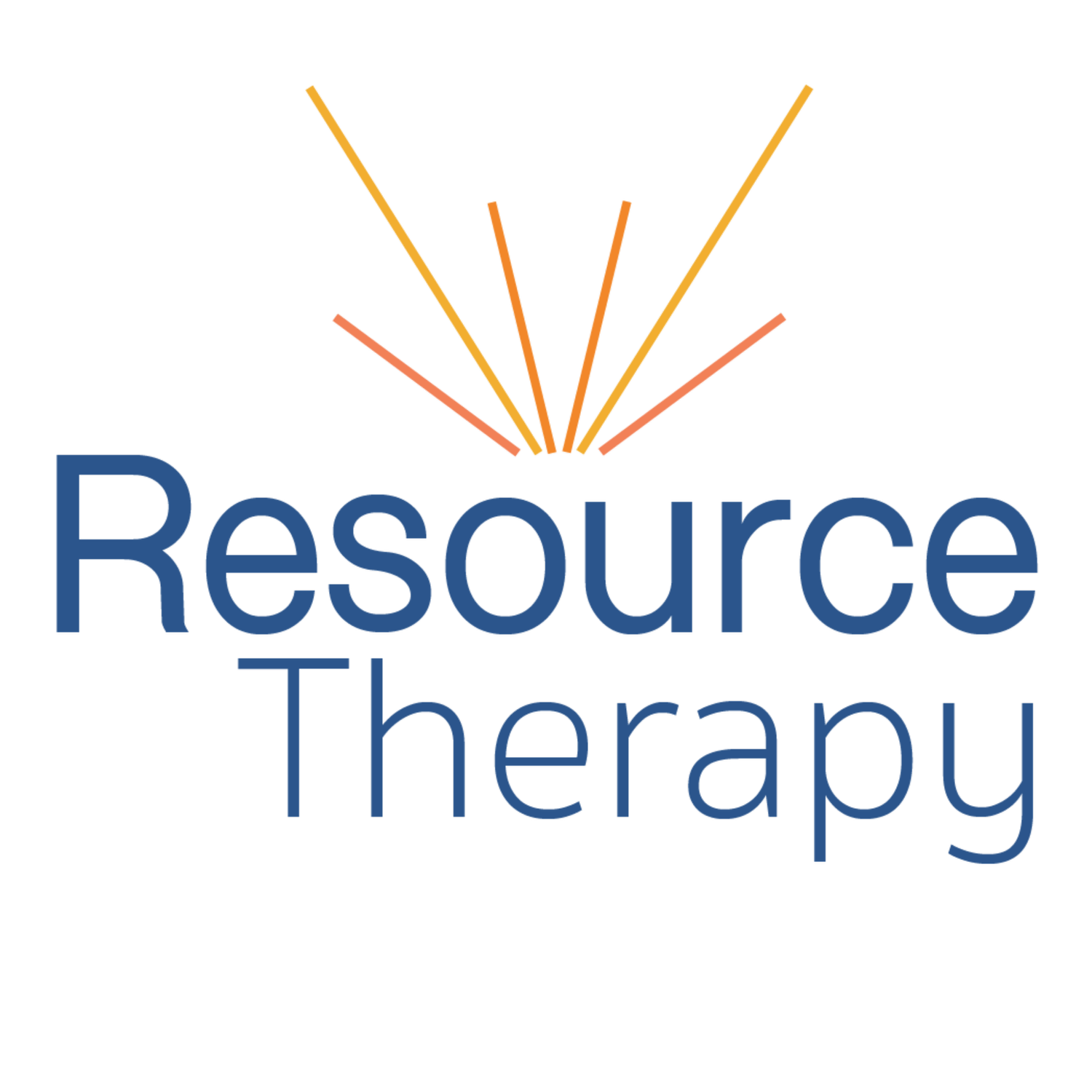FAQ
-
Is therapy right for me?
Therapy is a personal choice, and people come to it for many reasons. Whether you’re facing long-standing challenges like anxiety or depression, dealing with unexpected changes, or seeking personal growth, therapy can help. Together, we’ll work through what’s holding you back and find new strategies to navigate life’s challenges. Therapy is for anyone who wants more out of life and is ready to build self-awareness and work towards meaningful change.
-
What is therapy like?
Each session is unique and tailored to your goals. Typically, we’ll meet weekly for about 50 minutes to discuss your concerns and make progress. Therapy can be short-term, focusing on a specific issue, or longer-term for deeper personal growth. Sometimes you may be encouraged to reflect or try specific actions outside of sessions to support your progress. Active participation during and between sessions can lead to the best results, including practical strategies, self-compassion, and fresh perspectives.
-
What types of therapy do you offer?
I draw from a variety of therapeutic approaches to support you in the best way possible. This includes methods like Internal Family Systems (IFS), Polyvagal Theory, Mindfulness, EMDR (Eye Movement Desensitization and Reprocessing), Cognitive Behavioral Therapy (CBT), and Psychodynamic Theory. Each of these approaches offers different tools and perspectives, and together, we’ll find the methods that best support your journey and goals. Therapy is always collaborative, and I’ll explain each approach as we use it, ensuring you feel informed and comfortable.
-
How do I know if you're the right therapist for me?
Choosing a therapist is a personal decision, and it’s important that you feel comfortable and supported. My style is warm, nonjudgmental, and collaborative, with a focus on helping you move at your own pace. I believe in creating a space where you feel accepted and empowered to explore change. If you’re seeking therapy for support with anxiety, self-esteem, life transitions, or personal growth, my practice might be a good fit. I invite you to try an initial session to see if it feels right for you. Finding the right therapist is a big step, and I’m here to make that process as smooth as possible.
-
How do I get started with therapy?
Getting started is simple. Just reach out to schedule an initial consultation by submitting a contact form. During this short consultation, we’ll discuss your goals, any concerns you have, and how therapy might help. This is also a chance to see if we’re a good fit. There’s no pressure—just a safe space for us to connect and see how we can work together.
-
How long does therapy usually take?
The length of therapy depends on your unique needs and goals. Some people find short-term therapy helpful for specific challenges, while others benefit from longer-term support for ongoing personal growth. Together, we’ll regularly check in on your progress and adjust as needed. Therapy isn’t a one-size-fits-all journey; it’s tailored to you, and we’ll go as far as you feel comfortable.
-
Do you accept insurance?
Check with your insurance provider to confirm your mental health benefits and understand your coverage. Helpful questions include:
What are my mental health benefits?
How much does my plan cover per session?
How many sessions are covered?
How much will insurance pay for an out-of-network provider?
Do I have a deductible and how much is it?
How much of my deductible have I met this year?
Do I have to meet my deductible before my mental health benefits can be used?
What is my copay?
For more details on my rates and insurance, submit a contact, and I will get back to you as soon as I can.
-
Is medication a substitute for therapy?
Medication can be helpful alongside therapy, but it isn’t a complete substitute. Therapy addresses the root causes of distress, while medication can help manage symptoms. Together with your doctor, we can explore the right approach to support your long-term well-being.
-
I can usually handle my problems. Do I really need therapy?
Seeking therapy doesn’t mean you can’t manage your challenges. It’s about getting extra support when you need it. Therapy provides tools and insights to help you address triggers, reshape patterns, and build resilience. Taking this step shows self-awareness and commitment to your well-being.
-
How will therapy help me?
Therapists can provide support, problem-solving skills, and enhanced coping strategies for issues such as depression, anxiety, relationship troubles, unresolved childhood issues, grief, stress management, body image issues and creative blocks. Many people also find that counselors can be tremendously helpful in managing personal growth, interpersonal relationships, family concerns, marriage issues, and the hassles of daily life. Therapists can provide a fresh perspective on difficult problems or point you in the direction of a solution.
Benefits include:
Understanding yourself, your goals, and values better
Improving communication and relationship skills
Learning new ways to cope with stress and anxiety
Better management of powerful emotions such as anger, grief and depression
Changing old behavior patterns and developing new ones
Discovering new ways to solve problems in your family or marriage
Gaining new perspectives on challenges and finding solutions
The more you engage in the process, the more you’ll gain from it.
-
Is therapy confidential?
Yes, your privacy is protected by law. No information is shared without your permission, with a few exceptions:
Suspected child, elder, or dependent adult abuse must be reported.
If you pose a serious threat to someone else’s safety, I am required to notify authorities.
If you’re at risk of self-harm, I’ll work with you to ensure your safety, which may involve additional measures if necessary.
